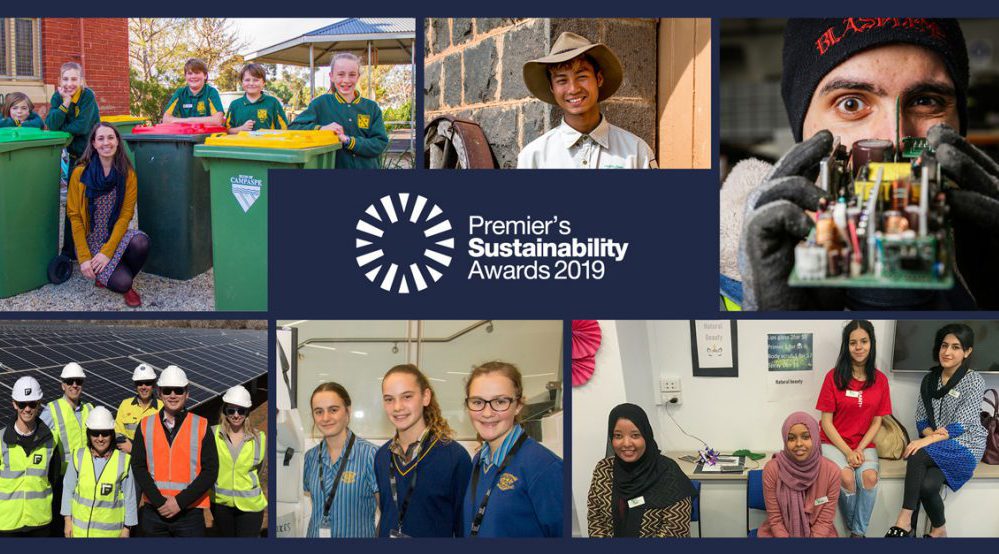
Generally people associate sustainability with environmental issues, responsibility, and natural balance.
But the topic of sustainability has a far richer meaning, especially looking at it against the backdrop of COVID-19 where there has been so much disruption.
How can you sustain your business activity; how can you retain employment opportunities; how can you maintain long-term profitability?
Faced with these business dilemmas it makes sense that the topic of sustainability should be looked at in a far broader way.
Navigating through challenges
Sustainability in business and work requires leadership; it’s not going to happen on its own. The normal response to challenges such as COVID-19 is for organisations to respond in the moment.
They are looking at, and executing their responses in a fragmented way, rather than planning out the whole and implement the parts.
It is understandable that in a situation such as this where all of a sudden income is lost, and there have been significant redundancies in staff, they attempt to implement a strategy that would restore immediate income to a business.
Whilst that has some value in the short term, it should be part of a thorough review process that considers what an organisation can do to protect itself against such disruptions; to build agility into a whole-business approach that is sustainable.
A holistic approach
Isn’t it more worthwhile when a business’s planning of the whole is taken into account when they implement the immediate response to unforeseen challenges? For example, sanitising is one of the highest priority responses to the current COVID-19 pandemic.
A waste company by way of illustration, whose core business is hygiene, has capitalised on sanitising. Their offering is a cleaning and fogging regime that uses readily available products that lack longevity; it either stops working as soon as they clean areas or only lasts for a short time. Why not investigate a solution that is going to immediately deliver continued results and increased value?
There have been several ads recently that promote hand sanitisers that claim to protect people for 24-hours. Similarly, there are surface sanitisers purported to safeguard between 30-days and three months. Bearing that in mind, shouldn’t the cleaning company deliver a framework for sanitising within their core offering?
By incorporating sanitising in their normal cleaning process they are maintaining the effectiveness of the sanitising treatment while delivering a safer environment for their frontline staff and their clients; including using less harmful and hazardous chemicals.
It is clear sustainability is not just environmental; about using fewer chemicals. Rather, it focuses on solving a problem in a systematic and solution-focused manner; and it delivers ongoing benefit.
Practical steps
Then there is the challenge of growing a business in this time of hardship, not just maintaining its profitability.
What strategies can a business implement that will sustain profitability at the same time as increasing its reach? Shifting its emphasis, a business should consider:
- Looking at a whole-of-business approach rather than focusing on the parts,
- Retaining the right people and avoid the temptation to let them go,
- Cultivating a laser-like focus designed to navigate through the difficult times, and
- Promoting a response that actually builds trust with employees and clients alike.
Trust is key
How can you sustain and grow a business if workers and clients don’t trust it? That’s where leadership makes the difference.
Leadership focussed on sustainability builds organisations where everyone benefits, including the people that work in that business and the clients they engage with.
Using this approach leaders create a culture that considers the environment, effortlessly complies with government requirements, and values staff. It is easy to see how it completely changes the way you respond to challenges.
Delivering solution-focussed outcomes
Facility managers is another group of leaders that are responsible for delivering a range of good outcomes to the clients they serve.
Unless they have a broad solution-focussed approach they will tend; as has happened in the past; to merely follow previous processes that deliver the same failed results.
The drought of 2001 to 2009 is a classic example of a disaster where many facilities introduced non-flushing urinals in an attempt to reduce their water dependency.
However, following their introduction, cleaning and maintenance was never implemented as an integrated system, and as a result these urinals were plagued with odour and blockages.
Not surprisingly many of these waterless systems were removed after 2010’s La Nina event because facilities managers did not understand the root cause of the problem; they were not aware what solutions were available to them.
To compound the problem, many of the stakeholders protected their own income without regard to their part in the odour and blockage issues.
Millions of dollars were wasted when flushing units were reintroduced because of a lack of understanding of sustainable approaches to cleaning, and delivering a simplified holistic solution that delivered straightaway.
Put simply, the problem would have been addressed by changing the cleaning and treatment of the non-flushing units rather than pulling them out.
For a long time sustainability has been viewed from and environmental perspective. But leadership really sets the direction how this emphasis is achieved in the field.
And leadership embraces a holistic approach that combines a concern for the environment, showing care for people, and responsible use of resources to deliver an outcome that sets businesses on a path to growth.
Gene Onyschko is director of Sanitaire Bio-Products
Comment below to have your say on this story.
If you have a news story or tip-off, get in touch at info@3.106.117.80.
Sign up to INCLEAN’s newsletter.





